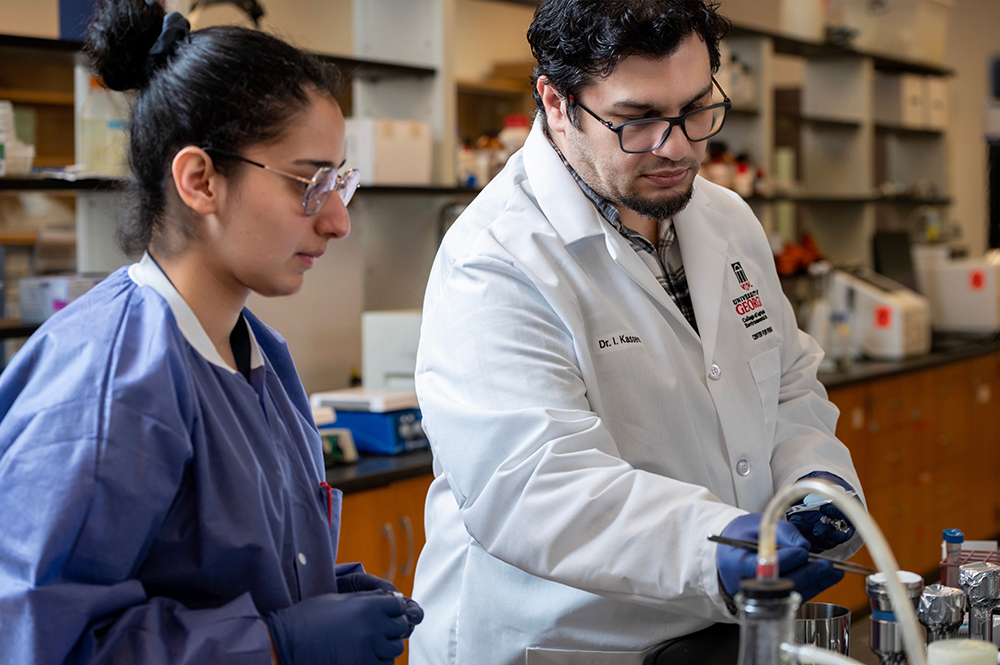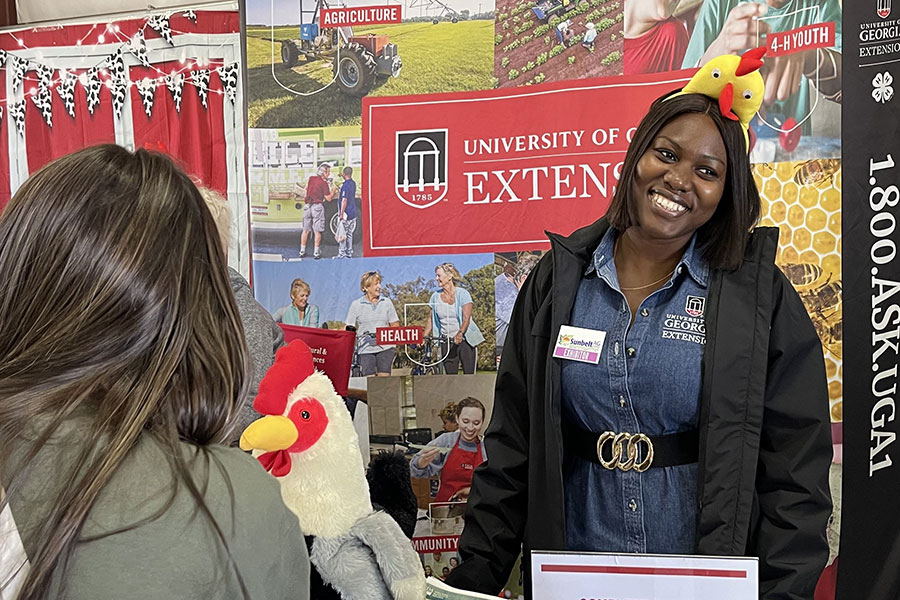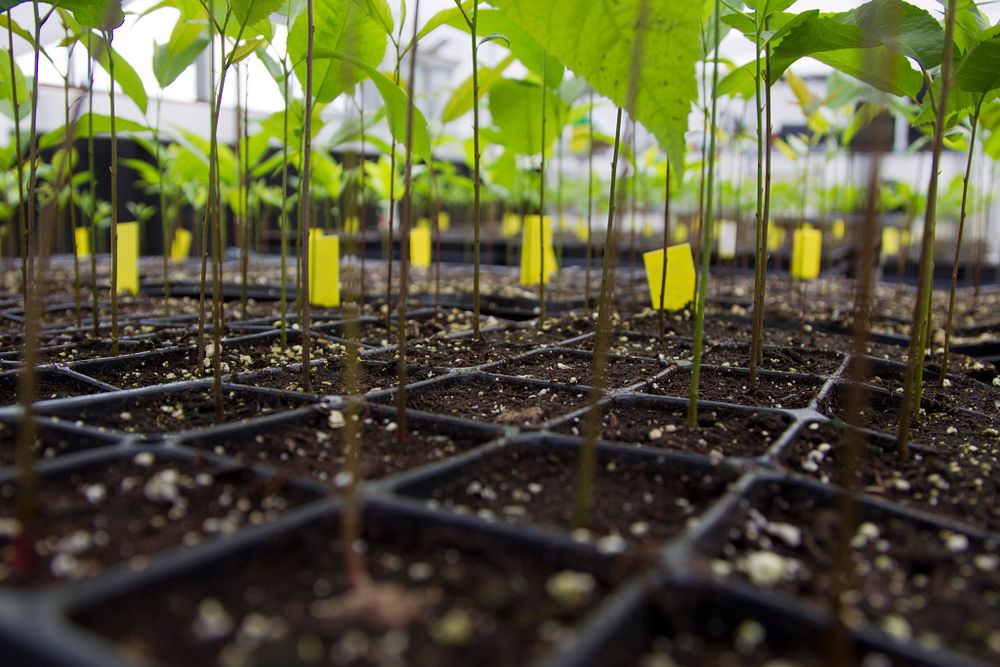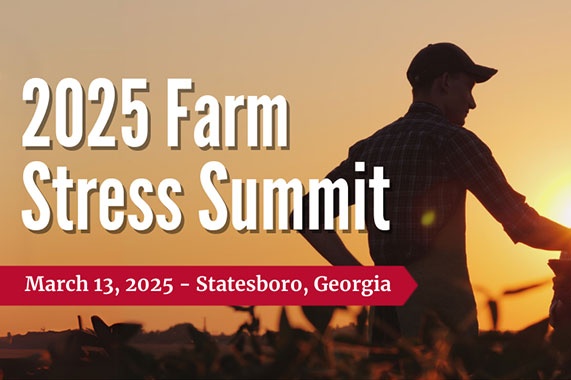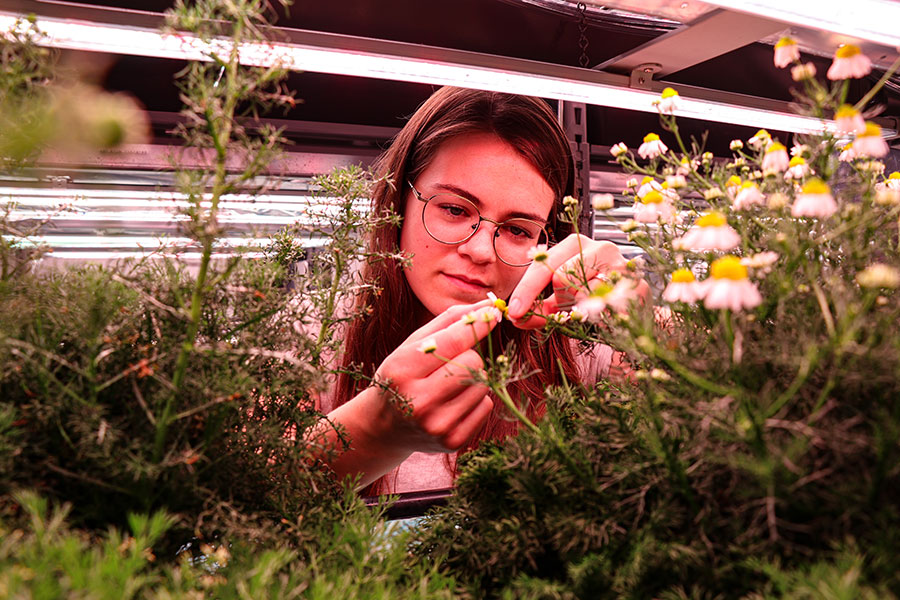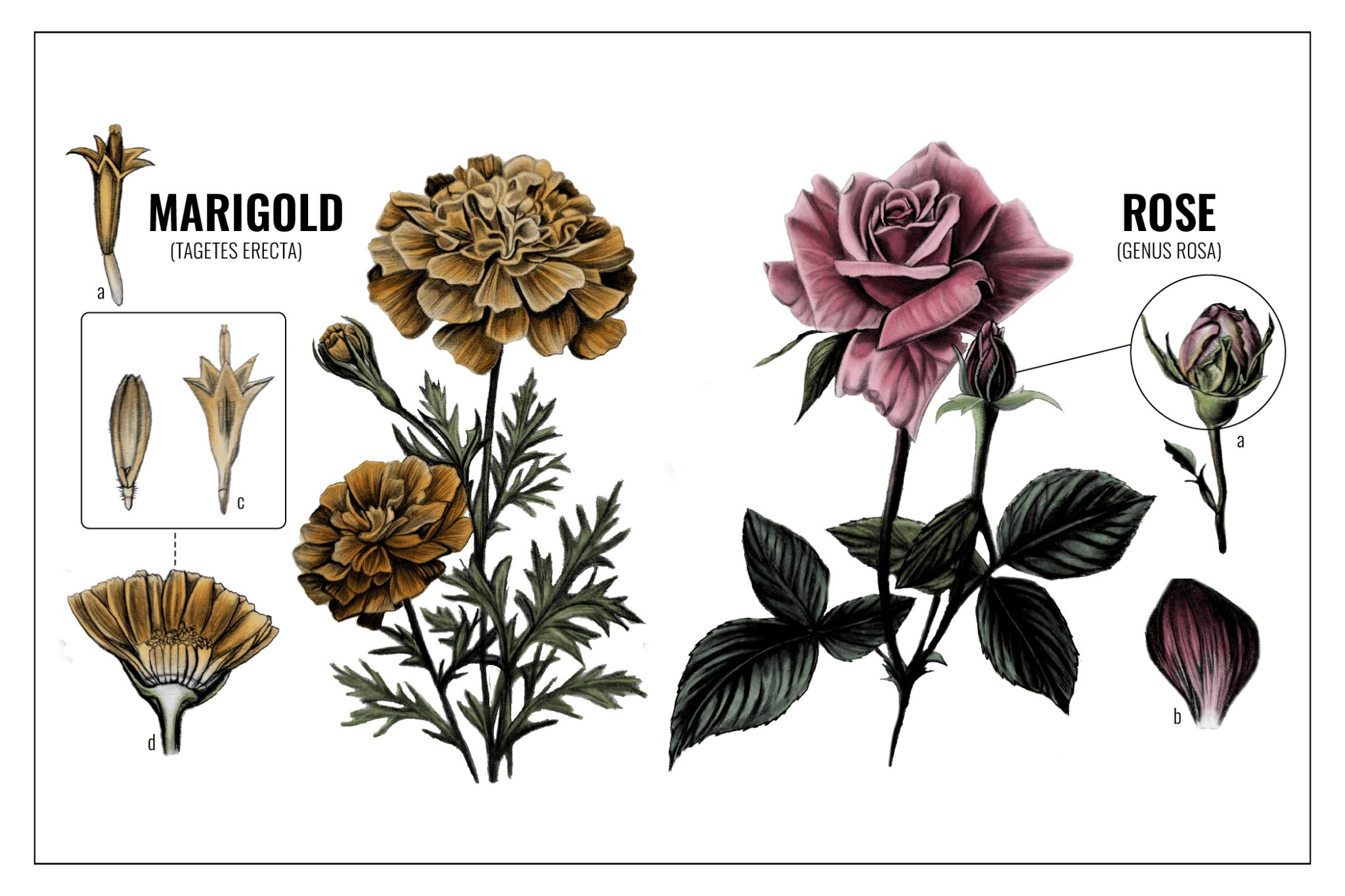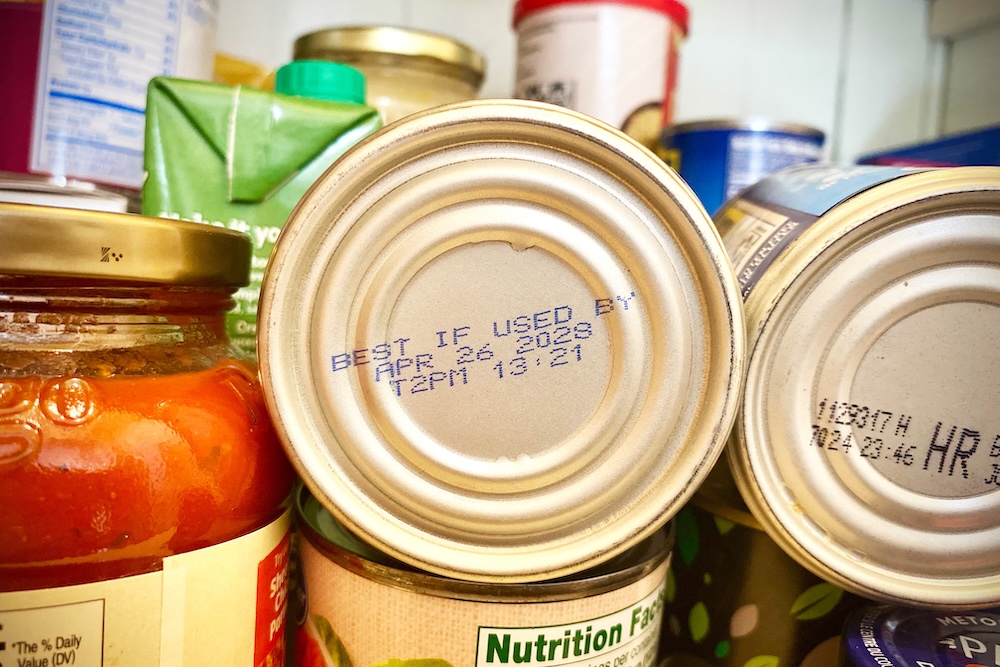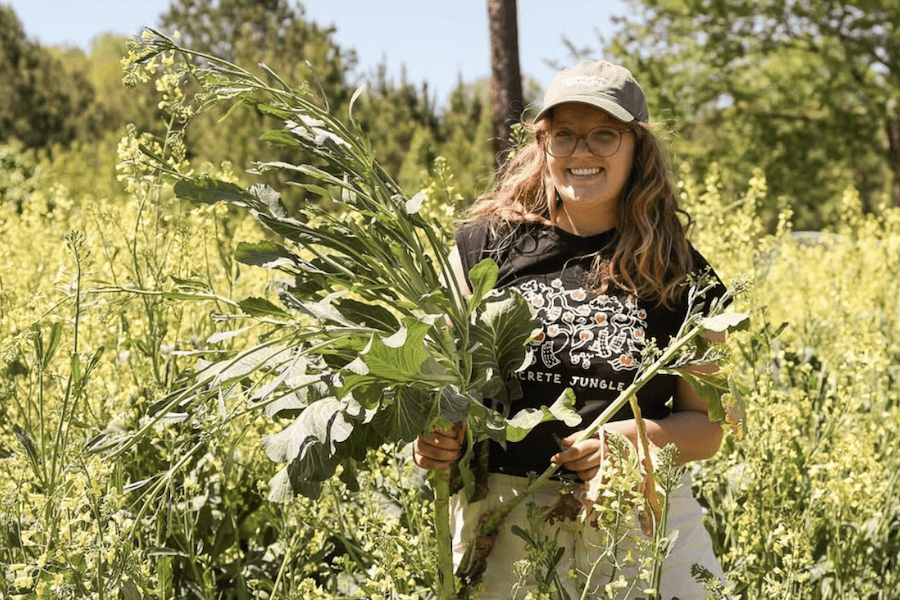 CAES News
CAES News
Fulbright Students
Seventeen University of Georgia students received Fulbright offers for the 2024-25 academic year, placing UGA among the top-producing institutions for Fulbright U.S. students. This is the third year in a row — and the seventh time in 12 years — that UGA has been named a top producer of Fulbright U.S. students. Leah Whitmoyer, Fulbright recipient and recent College of Agricultural and Environmental Sciences grad, is in Tunisia working on agricultural research projects addressing compost production, well water sampling for salinity and aquifer monitoring.

